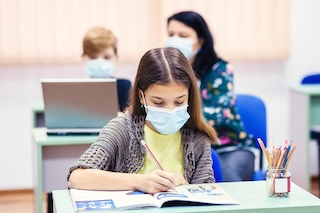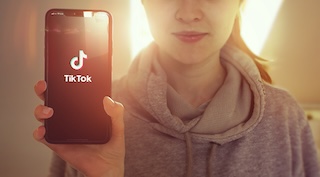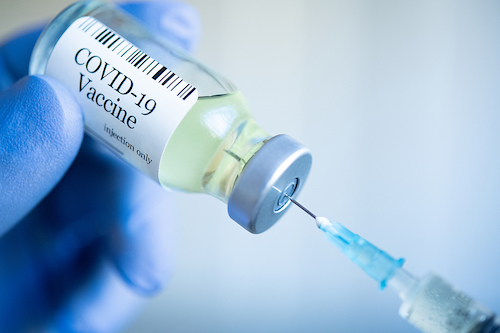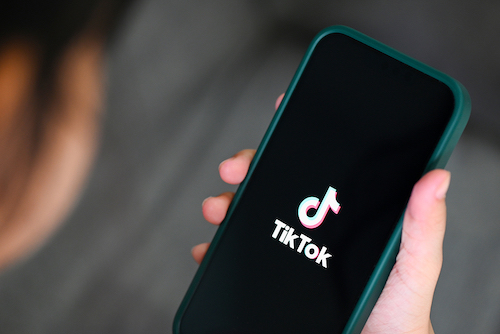October 8, 2024
by Patricia Tomasi

A new study published in Human Behavior and Emerging Technologies looked at how humans mindlessly treat AI virtual agents as social beings, but how this tendency diminishes among the young. “We were interested in understanding how people relate to AI tools, for example chatbots or smart speakers,” study author Jianan Zhou told us. “Such systems are pervasive nowadays and appear to be smart and well-informed to the typical user, which makes sense from the point of usability. The question this raises, however, is whether interaction with such systems can increase feelings of liking or sympathy towards them and lead us to behave much like we do when interacting with other humans.”
[More]
October 1, 2024
by Patricia Tomasi

A new study published in the Journal of Child Development looked at autobiographical memory for the COVID-19 pandemic lockdowns, psychological adjustment, and their relation over time. “We were interested in getting some insight on how children and adolescents thought about and remembered their lockdown experiences,” study author Dr. Tirill Fiellhaugen Hjuler from the Department of Child and Adolescent Psychiatry at the Aarhus University Hospital told us.
[More]
September 24, 2024
by Patricia Tomasi

A new study published in JAMA Open Network looked at the the comprehensiveness of state insurance laws and perceived access to pediatric mental health care. “Our study investigated the association of the comprehensiveness of state mental and behavioral health insurance laws with caregiver perception of access to mental and behavioral health care for children in the United States,” study author Ashley A. Foster told us. “We also assessed the association of comprehensiveness of state mental and behavioral health insurance laws with caregiver perception of adequacy of mental and behavioral health insurance coverage.”
[More]
September 17, 2024
by Patricia Tomasi

A new study published in PLOS ONE looked at the impact of pro-ana TikTok content on body image dissatisfaction and internalization of societal beauty standards. “The relationship between body image dissatisfaction, disordered eating behaviours and social media platforms, such as Instagram and Twitter, has been well documented,” study author Madison R. Blackburn told us. “The unique TikTok algorithm is more influential than the choices of individual users in determining the content they see on their ‘For You’ page.”
[More]
September 15, 2024
by Elizabeth Pratt

COVID-19 vaccination mitigates adverse effects of SARS-CoV-2 on mental illness.
Research published in JAMA Psychiatry found that the COVID-19 vaccination may help protect against the adverse mental health impacts of the virus by preventing severe infection.
[More]
September 10, 2024
by Patricia Tomasi

A new study published in Sage Journals looked at stress, burnout, and mental health implications in the digital workplace. “The digital workplace gives workers so much more autonomy and flexibility in their work and helps them be productive and collaborative whether in the office or working remotely,” study author Elizabeth Marsh told us. “As a research team, we’re acutely aware of these benefits, but also concerned about aspects of digital working that can have a negative impact on employee health and wellbeing.”
[More]
September 5, 2024
by Elizabeth Pratt

Scrolling through social media videos could increase boredom and make users feel less engaged with content.
Research published in the Journal of Experimental Psychology: General found that endless scrolling may make users feel less satisfied with the content they view.
[More]
September 3, 2024
by Patricia Tomasi

A new study published in the Psychological Bulletin looked at a meta-analytic review of the association between mental effort and negative affect. “In psychology, there is a decades-long controversy about the nature of mental effort,” study author Erik Bijleveld told us. “On the one hand, psychologists often assume that people avoid mental effort whenever they can.” Bijleveld cites an example of this when people make daily-life decisions such as what restaurant to go to, they are usually not going to process all relevant information that is available to them.
[More]
August 27, 2024
by Patricia Tomasi

A new study looked at smartphone survey data to help reveal the timecourse of changes in mood outcomes following vitamin C or kiwifruit intervention in adults with low vitamin C. “This study analyses secondary outcomes from our main trial (KiwiC for Vitality study) published in 2020," study author Tamlin Conner told us. "The secondary outcomes used smartphone surveys of people’s mood every second day throughout the eight-week intervention trial.”
[More]
August 27, 2024
by Elizabeth Pratt

Even as little as ten minutes spent in nature can have short term benefits for adults living with mental illness.
Research published in Ecopsychology found that any form of nature exposure, including to urban nature, could have benefits.
[More]